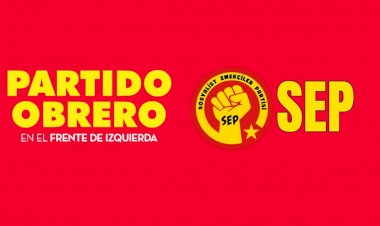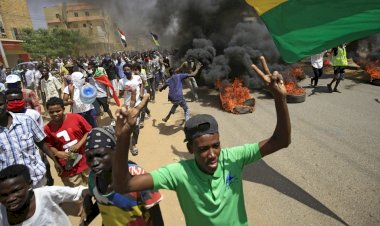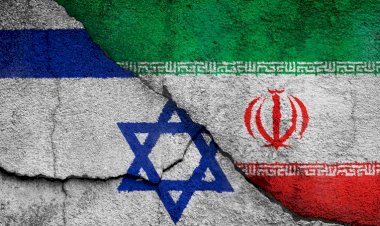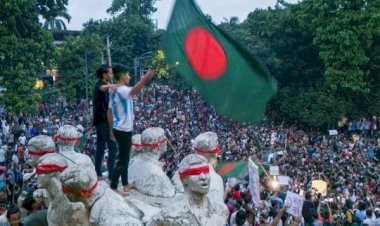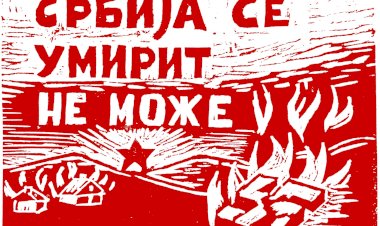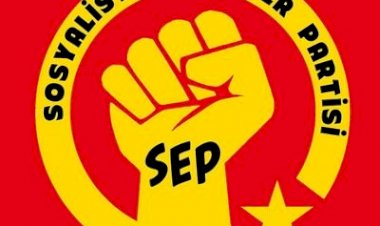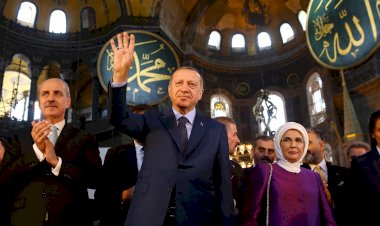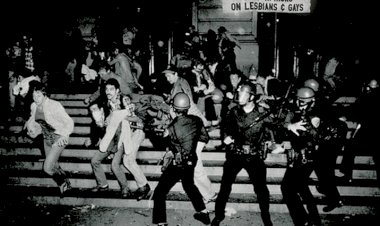Cyprus Elections: Erhürman Wins Despite Interventions!
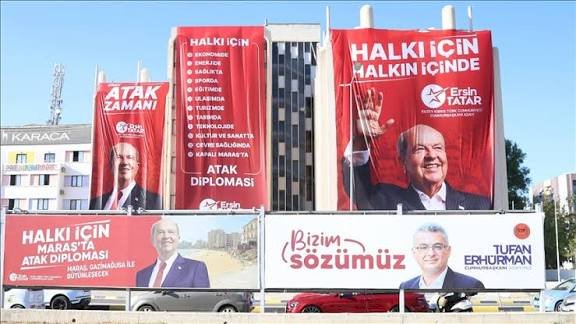
Tufan Erhürman, the Republican Turkish Party (CTP) candidate, won the presidential elections held in the Turkish Republic of Northern Cyprus (TRNC) on October 19, 2025. According to the election results, Erhürman received approximately 63% of the vote, while incumbent President Ersin Tatar received around 36%. Voter turnout was announced as 64.87%.
The loss of Ersin Tatar, who received significant support from the Turkey’s ruling party during and after the 2020 elections, naturally sparked debate about the status quo on the island. During the campaign, Ersin Tatar frequently emphasized that this election would be an existential choice and a contest between a two-state solution and a federation model (with Southern Cyprus). Erhürman ran a campaign shaped around the rhetoric of "fair distribution, democratic will, and a federal solution." Erdoğan, however, put an end to this debate in September with his statement, "For us, the federation book is closed; a two-state solution is the only way."
During the election period, the Erdoğan regime, from Mesut Özil (a former football player) to Süleyman Soylu (former interior minister), despite the mobilization he declared by sending numerous figures to the island, from Cevdet Yılmaz (current vice president) to Cübbeli Ahmet Hoca (a popular religious pundit), Erhürman's victory was the product of a reaction to the status quo established on the island. Tatar's polarizing policies, driven by his opposition to a federation, failed to shift the tide of reaction. Furthermore, the government's overt attempts to intervene through the figures it sent during the election period contributed to the widening vote gap.
Since the inconclusive Crans-Montana talks in 2017, those who have controlled the island's administration, under Turkey's guidance, have, of course, failed to take the slightest step to break the isolation experienced by the island. However, the young and educated population, in particular, is dissatisfied with this isolation. They realize they cannot find a future on the island as a proxy of Turkey. Of course, this also includes the impact of Turkey's economic crisis on the island, and the financial hardship caused by the rising cost of living for the working classes.
In addition to these periodic events, the mafia system that has dominated the island for decades continues unabated. As the recent assassination of Halil Falyalı (a corrupt Cypriot business man) has revealed, it is clear that the islanders will not find a peaceful future until this swamp, built on gambling, prostitution, and drugs, is drained.
It is clear that the Cypriot people refuse to accept the shadow of a tyrant protector.
These results, as can be seen from subsequent statements, appear to have angered Devlet Bahçeli and the MHP the most. Regarding the election results, Bahçeli stated: “The TRNC parliament must convene urgently, declare that the election results and the return to a federation are unacceptable, and decide to join the Republic of Turkey.”
What is striking is the difference in perspective between Erdoğan and Bahçeli's statements. Unlike Bahçeli, Erdoğan congratulated Erhürman. Erhürman, in turn, affirmed his unwavering commitment to a harmonious stance with Turkey by declaring, “None of our presidents have ever held negotiations, held meetings, or determined a foreign policy line without consulting the Republic of Turkey. This is our state tradition. This state tradition will continue.” In short, Erhürman will not deviate significantly from the two-state solution in the coming period; however, it should not be overlooked that the message conveyed by the Cypriot people is closer to the idea of a federation.
What must happen is clear. The tutelage over Cyprus must be lifted; the Cypriot people must decide their own future. The election results have once again confirmed this necessity.



